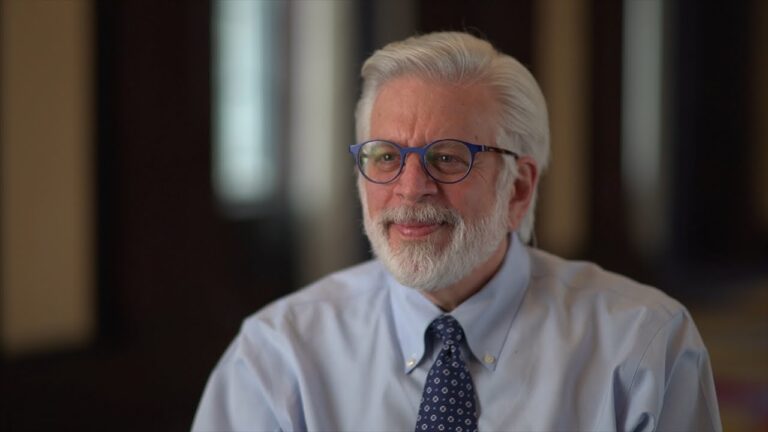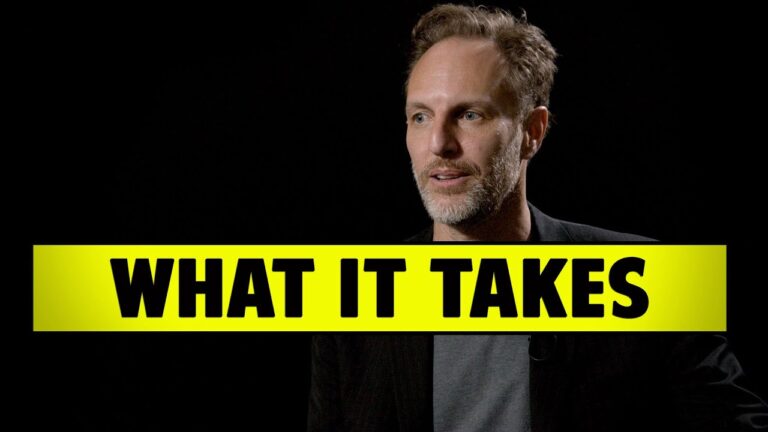Discover the World of Mental Health Counseling: Job Description and Salary

Mental Health Counselor Job Description Template
Mental Health Counselor Job Description A mental health counselor is a professional who provides support and guidance to individuals struggling with mental health issues. They work closely with clients to identify their emotional and psychological challenges and develop effective strategies to overcome them. The primary responsibility of a mental health counselor is to assess the mental health needs of their clients through interviews, assessments, and observation. They use their expertise to diagnose mental health disorders and develop treatment plans tailored to each client’s specific needs. This may involve individual therapy sessions, group counseling, or family therapy. Additionally, mental health counselors play a crucial role in educating their clients about mental health conditions, coping mechanisms, and self-care strategies. They strive to empower their clients to develop healthy coping mechanisms and overcome their challenges. Another important aspect of a mental health counselor’s job is to maintain accurate and confidential records of their clients’ progress. They may also collaborate with other healthcare professionals, such as psychiatrists and social workers, to ensure comprehensive care for their clients. Compassion and empathy are two essential qualities that a mental health counselor must possess. They must be able to connect with their clients and create a safe and non-judgmental environment for them to express their thoughts and emotions. Additionally, strong communication and interpersonal skills are crucial for building trust and establishing effective therapeutic relationships. In summary, a mental health counselor plays a vital role in supporting individuals with mental health challenges. Their expertise, compassion, and commitment to helping others make them invaluable members of the healthcare community.Mental Health Counselor Responsibilities
Mental Health Counselor Requirements
How Much Does A Mental Health Counselor Make?
Mental Health Counselor Salary
| Job Title | Median Salary | Salary Range |
|---|---|---|
| Mental Health Counselor | $46,240 | $30,000 – $76,080 |
A mental health counselor is a professional who provides counseling services to individuals, families, and groups dealing with mental health issues. They assess clients’ needs, develop treatment plans, and help them navigate through their challenges. The median salary for mental health counselors is $46,240 per year, with a salary range of $30,000 to $76,080. The salary can vary based on factors such as experience, education level, location, and type of employer. Mental health counseling is a rewarding career that plays a crucial role in supporting individuals in their mental well-being.
Mental Health Counselor Salaries by Country
Top Paying Countries for Mental Health Counselor
| Country | Average Annual Salary |
|---|---|
| United States | $49,950 |
| Canada | $45,000 |
| Australia | $70,000 |
| Switzerland | $81,000 |
| Netherlands | $55,000 |
A mental health counselor’s salary can vary greatly depending on the country they work in. The table above showcases some of the top paying countries for mental health counselors. In the United States, the average annual salary for a mental health counselor is $49,950. Canada follows closely with an average salary of $45,000. Australia offers higher compensation with an average salary of $70,000. Switzerland stands out as one of the highest paying countries for mental health counselors, with an average salary of $81,000. The Netherlands also offers competitive salaries, with an average of $55,000. These figures highlight the potential earning opportunities for mental health counselors in different countries.
A video on the topic Mental Health Counselor
Video Source : NYU SteinhardtInterview Questions for Mental Health Counselor
1. What inspired you to become a mental health counselor?
I have always been passionate about helping others and have a strong desire to make a positive impact on people’s lives. I believe that mental health is just as important as physical health, and I wanted to contribute to the well-being of individuals facing mental health challenges.
2. How do you ensure confidentiality in your counseling sessions?
Confidentiality is a crucial aspect of counseling, and I strictly adhere to ethical guidelines and legal requirements. I explain the importance of confidentiality to clients and obtain their informed consent. Additionally, I ensure that all client records are securely stored and accessed only by authorized individuals.
3. How do you approach cultural diversity in your counseling practice?
I recognize and respect the diverse backgrounds and experiences of clients. I maintain cultural competence by continuously educating myself about different cultural practices and beliefs. I strive to create a safe and inclusive environment where clients feel understood and valued, regardless of their cultural backgrounds.
4. How do you handle clients who are resistant to therapy or reluctant to open up?
Building trust and rapport is crucial in such situations. I create a non-judgmental and supportive atmosphere where clients feel comfortable expressing their concerns. I validate their feelings and provide encouragement, while also respecting their pace and readiness for therapy. I may use different therapeutic techniques to help clients overcome their resistance and engage in the therapeutic process.
5. How do you manage your own self-care as a mental health counselor?
Self-care is essential to maintain my well-being and effectiveness as a counselor. I engage in activities that help me relax and recharge, such as exercise, hobbies, and spending time with loved ones. I also prioritize seeking supervision and support from colleagues to process any challenging experiences that may arise in my counseling practice.
6. How do you stay updated with the latest developments in the field of mental health counseling?
I am committed to lifelong learning and professional development. I regularly attend workshops, conferences, and seminars related to mental health counseling. I also engage in ongoing supervision and participate in peer consultation groups. Additionally, I stay updated with current research through reading scholarly articles and journals.
7. How do you handle ethical dilemmas that may arise in your counseling practice?
Ethical dilemmas are a part of counseling practice, and I approach them with careful consideration. I consult ethical guidelines, seek supervision, and consult with colleagues when facing such dilemmas. I prioritize the best interests of the client and strive to make decisions that align with ethical principles and professional standards.
8. How do you involve families or significant others in the counseling process?
I recognize the importance of involving families or significant others in the counseling process when appropriate and with the client’s consent. This involvement may include family therapy sessions, educational workshops, or providing resources and support for loved ones. Collaborating with families can enhance the effectiveness of therapy and help create a supportive environment outside of counseling sessions.
9. How do you address the potential impact of trauma in your counseling sessions?
I approach trauma with sensitivity and utilize evidence-based practices such as trauma-focused cognitive-behavioral therapy or eye movement desensitization and reprocessing (EMDR). I prioritize creating a safe space for clients to explore and process their traumatic experiences. I also emphasize the importance of self-care and provide resources to support clients in their healing journey.
10. How do you ensure the continuity of care for your clients?
Continuity of care is important for clients’ ongoing progress and well-being. I collaborate with clients to develop a comprehensive treatment plan that includes specific goals and strategies. I also work closely with other healthcare professionals, such as psychiatrists or primary care physicians, to ensure a coordinated approach to clients’ care. Regular reassessment and follow-up sessions are conducted to monitor progress and make any necessary adjustments to the treatment plan.






